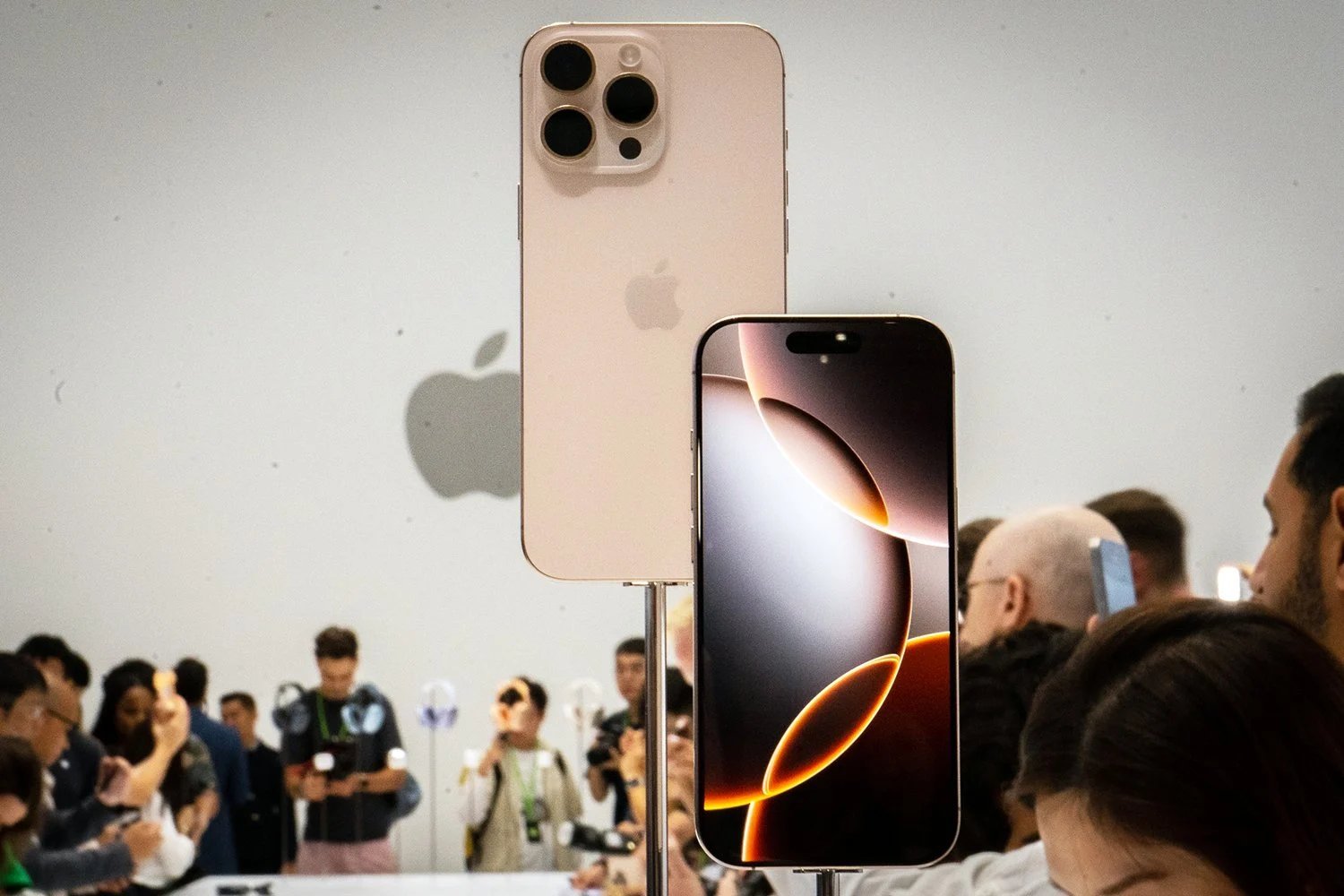The world is always abuzz with Apple rumors, and it’s these rumors that keep things exciting. While some might argue it’s gravity that keeps the world turning, Apple enthusiasts would beg to differ. The release schedule of the iPhone has become the new Farmer’s Almanac, influencing various aspects of life, including farming. Recently, the iPhone 16e was unveiled, marking a new era for Apple’s hardware, particularly with the introduction of its own cellular chips. The iPhone 16e debuted the C1 modem, Apple’s first-ever custom-made 5G chip. Today, reports suggest that more chips are in the pipeline.
The iPhone 17, expected to arrive later this year, is next in line to showcase Apple’s advancements in chip-making. Renowned analyst Ming-Chi Kuo has shared alleged details on Twitter/X, stating:
Following Qualcomm, Broadcom’s Wi-Fi chips will also be replaced by Apple’s in-house chips at a faster pace. My latest industry survey indicates that all new 2H25 iPhone 17 models will feature Apple’s in-house Wi-Fi chips (vs. only the slim iPhone 17 will adopt Apple’s C1 modem chip). Beyond cost reduction, the switch to in-house Wi-Fi chips will enhance connectivity across Apple devices.
The rumor mill is now buzzing with the idea that the iPhone 17, iPhone 17 Air (a device that’s been continually rumored until its potential release), and the rest of the lineup will utilize an Apple-made Wi-Fi chip for connectivity. Kuo mentions that this new chip will “enhance connectivity across Apple devices,” although the exact meaning of this statement is unclear. Speculations suggest it might be related to predictive computing or Apple’s smart home ambitions. There have been whispers about a significant refresh of the Apple TV this year, potentially positioning it as an all-in-one hub for the Apple ecosystem.
Apple claimed that the C1 chip would provide significant battery life improvements for the iPhone 16e. It’s likely that the next Wi-Fi chip will come with its own marketing spin, highlighting Apple’s ability to customize its chips to meet specific needs and user demands. This level of control over its hardware is something Apple wouldn’t have achieved if it were still relying on external manufacturers for its 5G modems. With each new release, Apple is taking a step closer to being in complete control of its product hardware, and the iPhone 17 is expected to be another significant step in this direction.
Source Link





